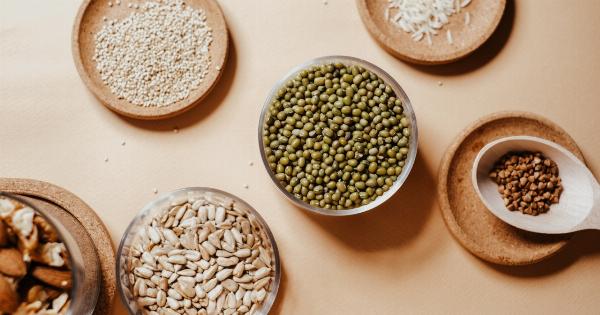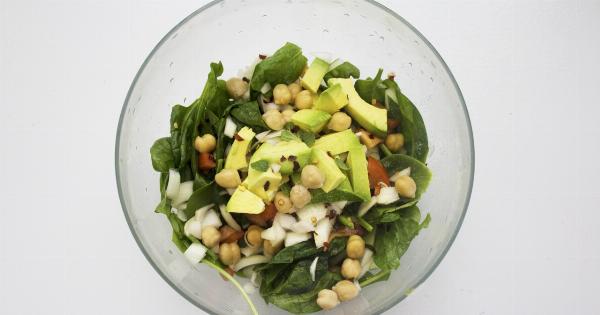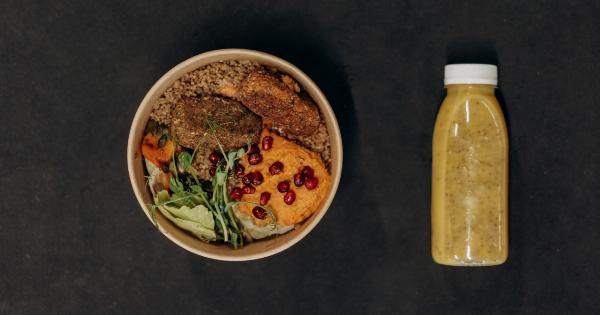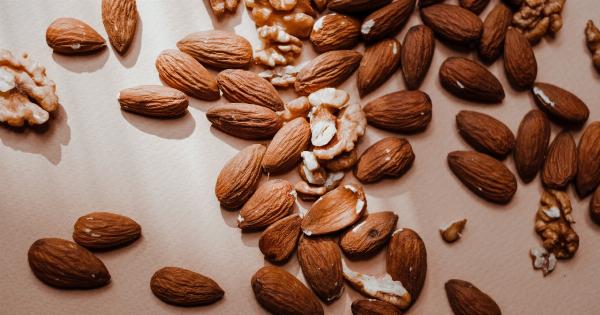Quinoa is often referred to as a superfood due to its exceptional nutritional profile. Packed with essential nutrients, quinoa has gained popularity in recent years as a healthy alternative to other grains.
In this article, we will explore the various factors that make quinoa so nutritious and beneficial for overall health.
A Complete Protein Source
One of the unique characteristics of quinoa is that it is a complete protein source. Unlike most other plant-based foods, quinoa contains all nine essential amino acids.
These amino acids are crucial for the human body to function properly and must be obtained through diet as our bodies cannot produce them on their own. Quinoa’s complete protein profile makes it an excellent choice for vegetarians, vegans, and individuals looking to increase their protein intake without consuming meat or animal products.
Rich in Fiber
Fiber is an essential nutrient that aids in digestion and promotes a healthy gut. Quinoa is an excellent source of dietary fiber, providing both soluble and insoluble fiber.
Soluble fiber helps to regulate blood sugar levels and lower cholesterol, while insoluble fiber promotes regular bowel movements and prevents constipation. Consuming quinoa regularly can help maintain a healthy digestive system and contribute to overall gut health.
Packed with Essential Vitamins and Minerals
Quinoa is rich in a wide range of essential vitamins and minerals. It is particularly high in magnesium, which is important for maintaining healthy nerve and muscle function, regulating blood pressure, and supporting the immune system.
Quinoa also contains significant amounts of manganese, phosphorus, folate, and zinc.
Abundance of Antioxidants
Antioxidants are compounds that help protect our cells from damage caused by free radicals. Quinoa is abundant in antioxidants, including flavonoids and quercetin.
These antioxidants have anti-inflammatory properties and may help reduce the risk of chronic diseases such as heart disease and certain types of cancer. Regular consumption of quinoa can contribute to overall well-being and support a healthy immune system.
Gluten-Free and Suitable for Individuals with Celiac Disease
Quinoa is naturally gluten-free, making it an excellent choice for individuals with celiac disease or gluten sensitivity.
Gluten is a protein found in wheat, barley, and rye, and can cause digestive problems and inflammation in those with gluten-related disorders. Quinoa offers a nutritious grain-like alternative for individuals who need to follow a gluten-free diet.
Low Glycemic Index
The glycemic index (GI) is a measure of how quickly a food increases blood sugar levels. Foods with a high GI can cause rapid spikes in blood sugar, leading to energy crashes and increased hunger.
Quinoa has a low glycemic index, which means it is digested and absorbed slowly, providing a steady release of energy and helping to control blood sugar levels. This makes quinoa an excellent choice for individuals with diabetes or those looking to maintain stable energy levels throughout the day.
Versatility in Culinary Applications
Aside from its impressive nutrient profile, quinoa is incredibly versatile in culinary applications.
It can be used as a rice substitute in various dishes, added to soups and stews, used as a base for salads, or even included in baked goods such as bread and muffins. The mild, nutty flavor of quinoa allows it to complement a wide range of other ingredients, making it a popular choice among home cooks and professional chefs alike.
Easy to Prepare and Incorporate into a Balanced Diet
Quinoa is relatively easy to prepare, requiring just a simple cooking process. It takes approximately 15-20 minutes to cook quinoa, making it a convenient choice for those with busy lifestyles.
Additionally, quinoa can be easily incorporated into a balanced diet and can serve as a substitute for other grains in various recipes. Its versatility and quick preparation time make it an excellent addition to any meal plan.
Sustainable and Environmentally Friendly Crop
Quinoa is a sustainable crop and has a lower environmental impact compared to other staple crops. It requires less water and fertilizer compared to traditional grains such as rice and wheat.
Quinoa is also resilient to drought and can adapt to different climate conditions. By choosing quinoa as a staple in our diet, we can contribute to more sustainable agricultural practices and reduce our environmental footprint.
Conclusion
Quinoa’s exceptional nutritional profile and numerous health benefits have made it a popular choice among health-conscious individuals.
Its status as a complete protein source, high fiber content, abundance of essential vitamins and minerals, and its versatility in various culinary preparations make quinoa a highly nutritious and convenient addition to any diet. Whether you are a vegan, vegetarian, or simply looking to improve your overall well-being, incorporating quinoa into your meals can significantly contribute to a balanced and healthy lifestyle.






























